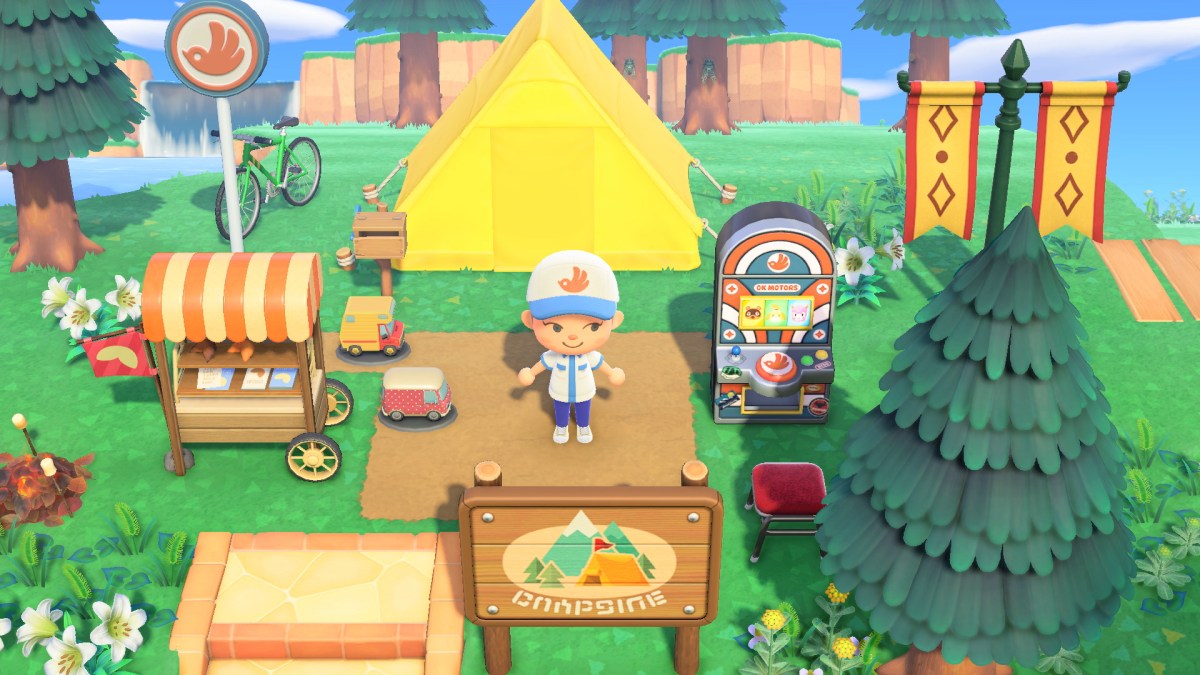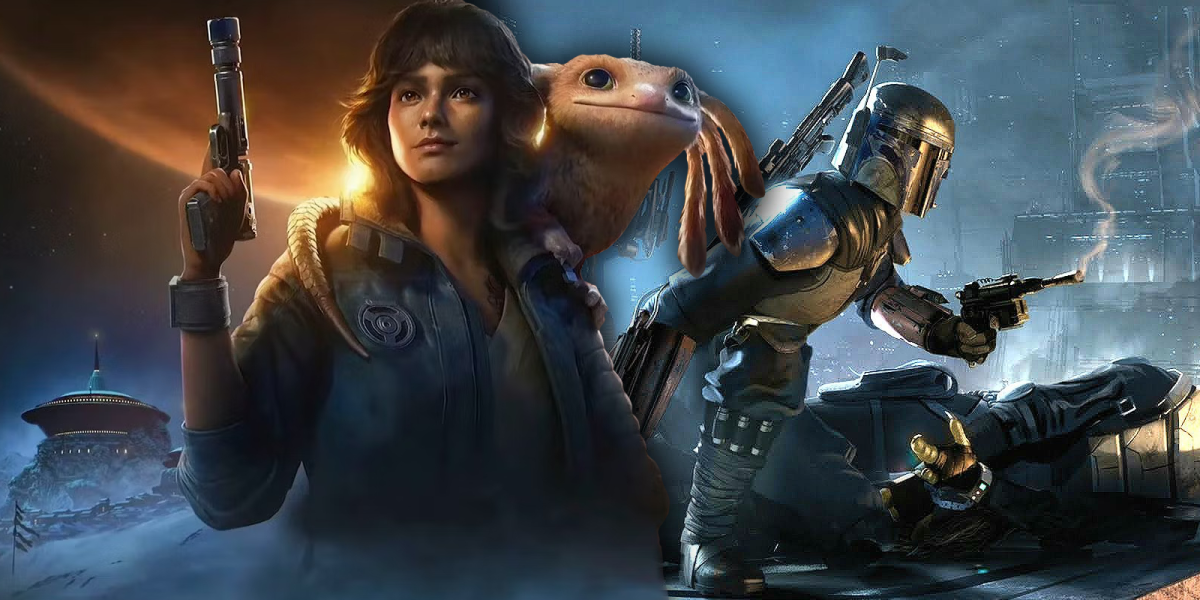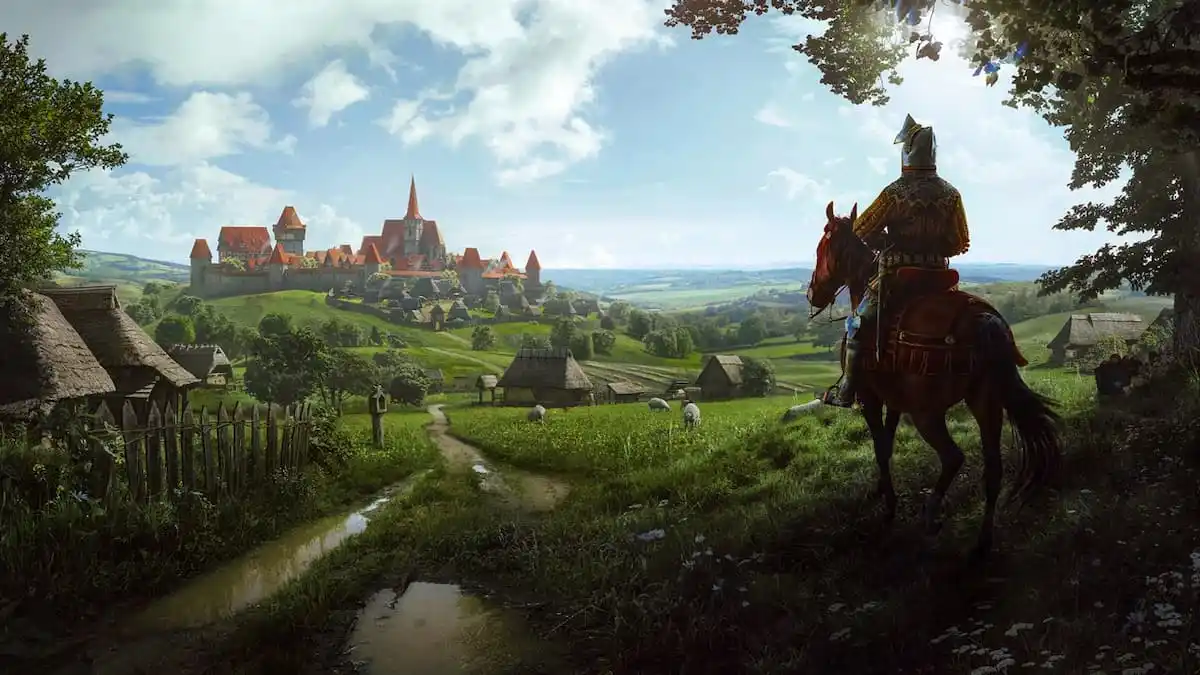Life is filled with cozy moments. Whether it’s enjoying a cup of tea on a weekend while wrapped in your favorite blanket, cuddling with your terrier mix in bed while watching some YouTube, or just getting a hug from your mom, coziness is an integral part of unwinding and enjoying the soft moments life has to offer. The issue is that coziness isn’t all that life has to offer. That cup of tea sometimes gets spilled. Your dog sometimes gets rambunctious and tears a hole in your bedspread. And no matter your relationship, you’ll still have a fight with your mom from time to time.
It’s a balance that’s been researched famously through the Swedish concept of hygge, a word meant to describe engaging in finding joy in small things, especially during difficult months like the Scandinavian winter. It’s also this balance of finding moments to appreciate the little things with the realities of life that made the original Animal Crossing for the GameCube so special.
Animal Crossing is the game that introduced an entire generation to the concept of adulting. No matter which entry you’re playing, you’ll buy a house, pay off a mortgage, tidy your living room, and meet the neighbors. Sure, there’s occasionally a more fantastical element like agreeing to help Wisp the Ghost or having Gulliver the far-traveling seagull wash up on your shore, but the vast majority of time spent is simply working and living on your own.
And much like real life, the original Animal Crossing offered its own shares of ups and downs. There were festivals, birthday parties, and New Year’s Eve countdowns. But the game still balances these highs with a variety of harsher moments. Sometimes a grumpy villager calls you names or pokes fun at your weight. Other times you’ll feel a little more real-world pressure when Tom Nook’s clearly predatory capitalistic tendencies come into play that have you working long hours at the shop.
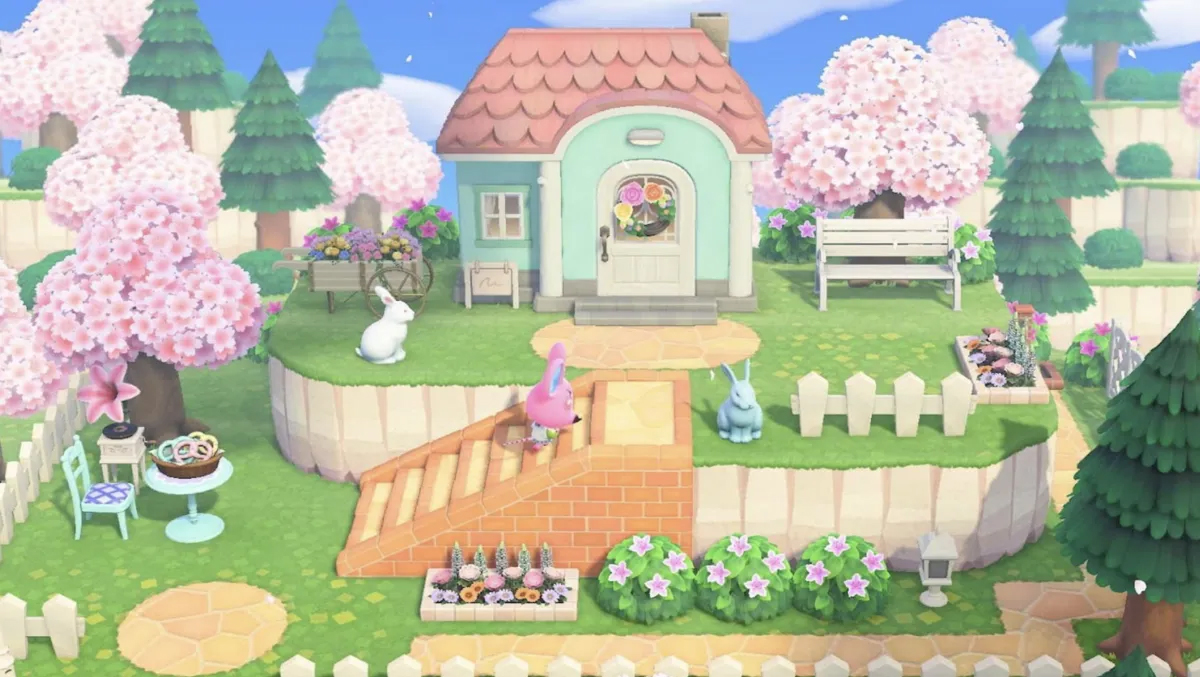
And then of course there’s Mr. Resetti, who enters a violent tirade of all-caps scolding any time the player returns to the game after forgetting to save. Resetti’s admonishments not only were loud and brash, but they acted as a sort of parental punishment. Your in-game sloppiness triggered an aggressive sentinel of your town to remind you you just weren’t responsible enough on your own to handle those cozy moments responsibly.
For those who jumped on the Animal Crossing train as an early pandemic lifeline with Animal Crossing: New Horizons, many of these references might go over their heads. Now grumpy villagers are more friendly curmudgeons more akin to a grandparent than a hardened jerk who slowly warms up to you. Nook’s business practices seem like fairer arrangements with pay-at-your-convenience loans and an emphasis on building a solid island community at a reasonable price. And while some speculate Resetti might be behind the team’s rescue team, his bombastic presence remains noticeably absent.
All this is to say that it isn’t necessarily a bad thing that Animal Crossing has grown more toothless over the years. And the newest iteration’s island lifestyle and calming emphasis on building and creating a paradise as much as a living community was frankly a bulwark against depression and an outlet for socialization through the early stages of the pandemic. There’s plenty to appreciate about a game purely designed to emphasize cozy and chill experiences. But unfortunately, an “oops, all cozy” approach can lead to some negative consequences with the fan base.
While titles like Wild World, New Leaf, and the original Animal Crossing had always been about a slow-drip process, New Horizons’ emphasis on giving the player unlimited control over how they would shape and supply their island immediately sparked players to create their own shade of paradise. Players designed all sorts of unique themed islands, from cityscapes, to haunted ghostly manors, to fairy wonderlands, with one community member even making a hilariously intricate island-wide waste management facility.
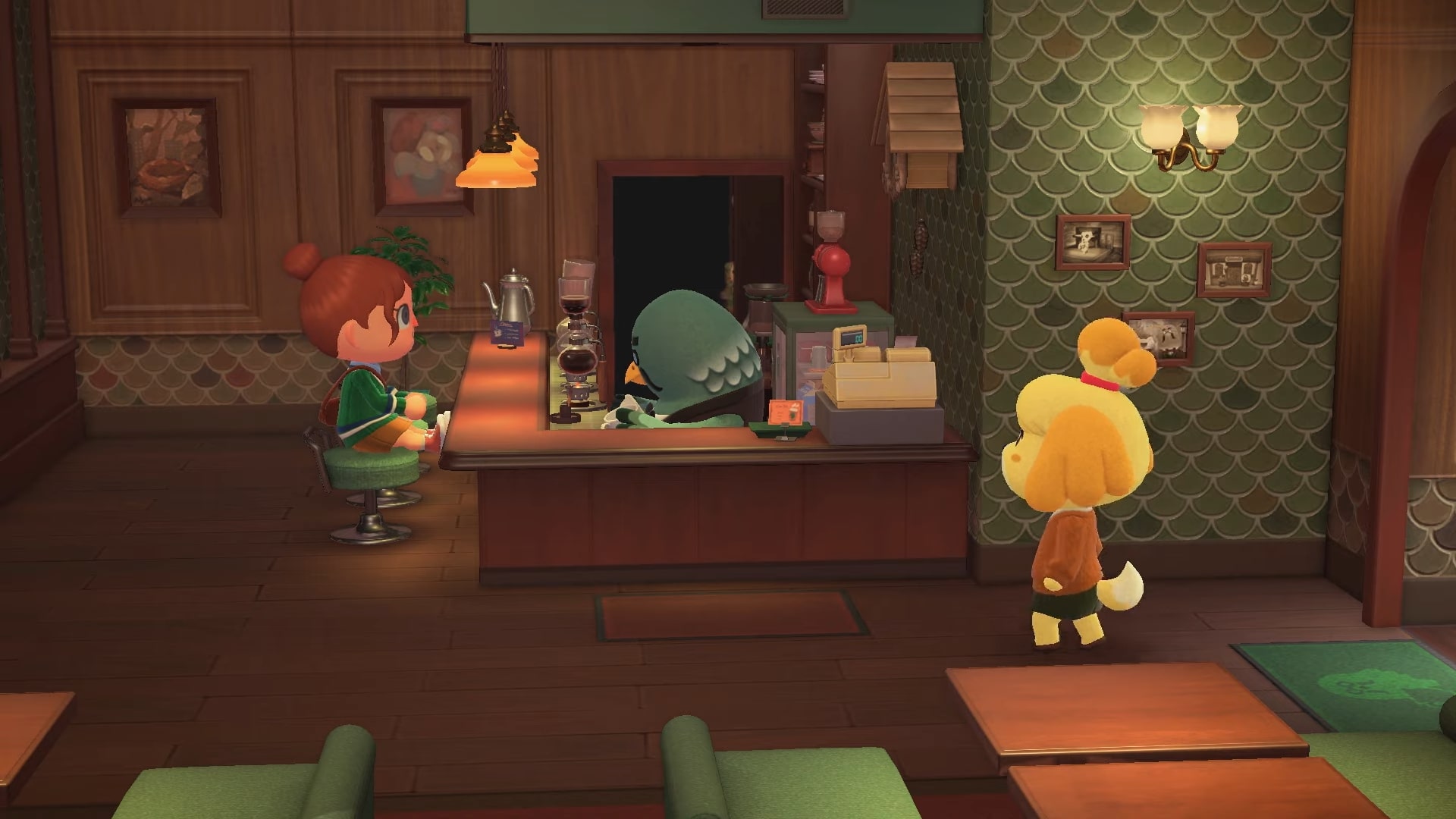
But as more fans started posting their islands, there was a trend towards the prettiest, most pristine island accounts starting to gatekeep what other players’ islands should look like. I had friends leave the game out of frustration that their islands couldn’t compare to these 500-hour flawless masterpieces. I saw other friends put down the game in protest, annoyed that the community itself had ruined the magic for them.
The loudest (and arguably worst) members of the fandom also took a similar approach to the game’s many villagers, boasting that their island’s “cute villagers only” decrees would keep out a hefty percentage of the game’s quirky and creative characters like the diaper-wearing duck Joey or the bookish nerdy goat Velma. It was because the game was giving fans so much control over how they could present their island and who they could let on it. Fans now had the tools to monitor their island’s coziness factor, creating an insular bubble more akin to a Discord community that needs to get out and touch some grass, rather than the slice of life the series has always represented.
The issues present here are in many ways simple reflections of how the cozy genre as a whole has shifted. Or maybe it’s the label of coziness that’s become detrimental to titles that share the same cozy label as Animal Crossing. Sure, games like Stardew Valley, Spiritfarer, and Night in the Woods have colorful artistic styles and sweet or cuddly NPCs, but all three tackle grief, mortality, and substance abuse in beautifully real ways. And while Animal Crossing never tackled these adult topics, its real-time pacing and in-game tasks felt like a real look at what was to come in adulthood.
At the end of the day, the coziness curse of Animal Crossing isn’t even really something the game itself created, but instead is a byproduct from a fan misunderstanding of what true comfort can be. There are silly cries of unfairness from the fandom when an item from the old game isn’t announced in a new Nintendo Direct. There are accounts that have made hundreds of millions of bells by cheesing the game’s stalk exchange and demanding payment from visitors. And there are plenty who have time-jumped, speedrunning a game meant to be played as a daily treat.
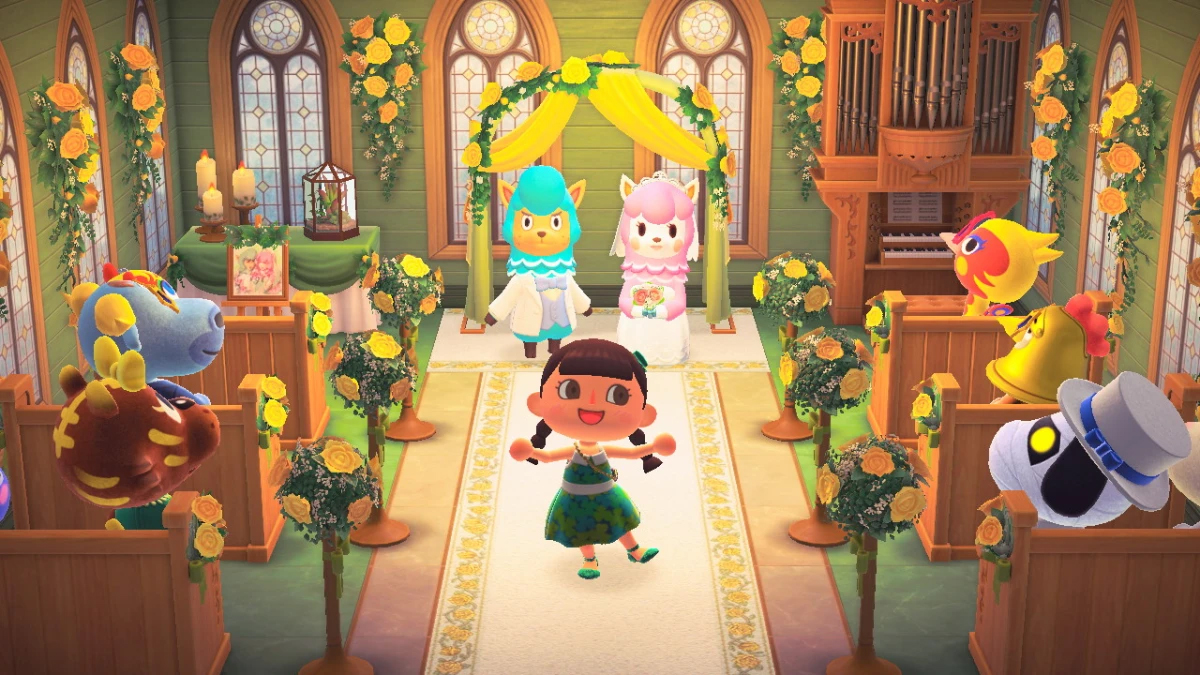
As much as long-time fans have loved to poke fun at Tom Nook’s greedy tendencies, there’s a rich irony that New Horizons instilled that very same rush for funds and possessions in its player base. While many brag about how cozy their islands have become aesthetically, none of this rat race or gatekeeping really adheres to what hygge or true coziness is actually meant to be.
I’m still really proud of my island. I have a neat porch seafood restaurant on the north coast I’ll supply with new dishes from time to time. I built a spa-like swimming pool that I’ll lounge at on in-game sunny summer days. And I’ve moved my museum a few times just to make room for things like a farmers market and a small amusement park.
And three years later when I return to my Animal Crossing: New Horizons island, I’ll still sometimes check out the store for a new lamp or maybe sell a few turnips to make a little money. But every time I revisit my island, I’ll make sure to go watch my fish in the aquarium or check in with my best friend Flo the penguin. Because it’s in enjoying these little moments that I feel like I’m actually cozying up and enjoying those little things.

